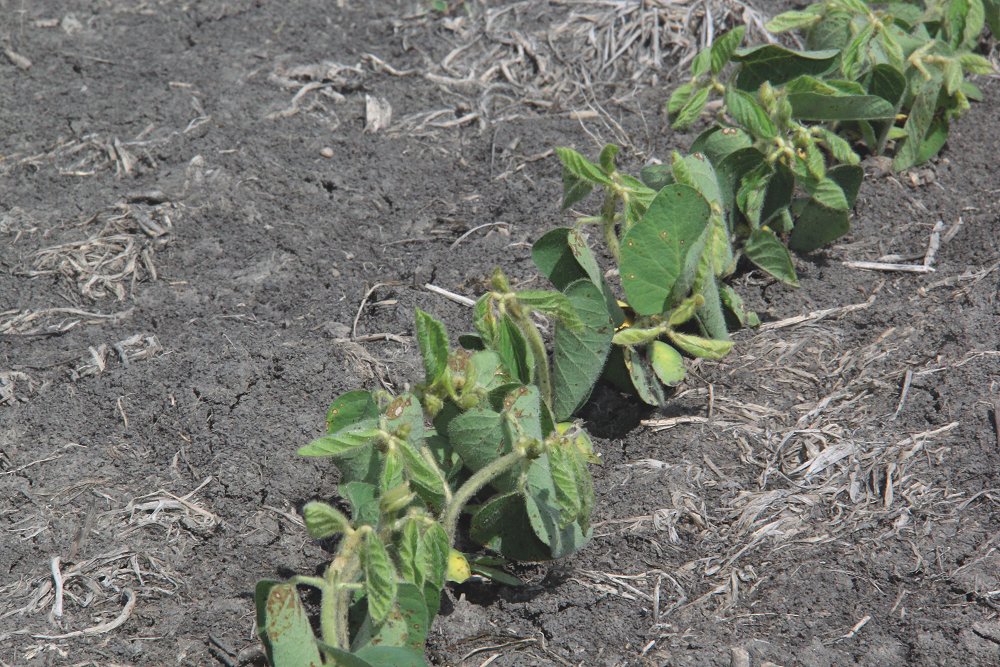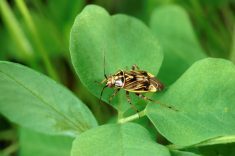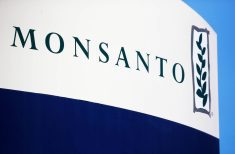Arkansas farmers might not be allowed to apply dicamba in annual crops during the 2018 growing season.
A regulatory change prohibiting dicamba applications between April 15 and Oct. 31, was approved by the Arkansas State Plant Board, Arkansas’ Agriculture Department said in a news release Sept. 21.
- Read more: U.S. EPA gives dicamba ‘restricted use’ label for 2018
- Read more: Monsanto presses against Arkansas’ dicamba limits
Read Also

Farmer mental health support extended in Manitoba
The Manitoba Farmer Wellness Program is slated for $300,000 over the next two years for its farm mental health services
However, the ban won’t take effect unless the Executive Subcommittee of the Arkansas Legislative Council approves it.
Before that, the public has 30 days to comment followed by a public hearing Nov. 8.
If the proposed ban is implemented dicamba would still be allowed in pastures, rangeland, turf, ornamental, direct injection for forestry, and home use.
The plant board’s proposed regulations are closely aligned with the recommendations from the Dicamba Task Force and the Plant Board’s Pesticide Committee, the news release said.
The plant board is also proposing increasing the fine “for egregious violations from applications of dicamba or an Auxin-containing herbicide,” to a maximum of $25,000 (U.S.), instead of the current fine of $1,000.
The proposed regulations and fines were triggered after 969 complaints about dicamba damaging crops were received from 26 counties in Arkansas this year, the plant board said.
The United States Environmental Protection Agency is also considering restricting dicamba, an older herbicide given new life, following the introduction of Monsanto’s dicamba- and glyphosate-tolerant soybeans and cotton.
Dicamba, which is more prone to vaporizing than other herbicides, has a reputation for causing drift problems. To mitigate that, Monsanto and BASF developed less volatile formulations, however, they weren’t approved for use this growing season by Arkansas regulators.
Monsanto officials suspect that contributed to dicamba damage in that state.
Monsanto also recommends applying dicamba when winds are light, but not calm, and using nozzles that produce big droplets.
If the dicamba restriction becomes law in Arkansas it will cut into sales of dicamba-tolerant crops.
Reuters reported that Ty Vaughn, Monsanto’s vice-president of global regulatory, said volatility is not a problem and that science did not support the plant board’s decision.
Vaughn said that for 2018 the company needs to change some instructions on its dicamba herbicide, XtendiMax with VaporGrip, to make them “much more clear within the label.”
More than 300 Arkansas farmers, including some whose crops were affected this year, signed a petition to the plant board to keep dicamba available for row crops throughout the growing season, Ag Insider reported. Another group of growers suggested a cut-off as late as May 25.
There’s no talk of restricting dicamba use in Manitoba or revising its label. In an email Sept. 12 Health Canada said it had not received any herbicide-related complaints, including complaints related to dicamba drift, from Manitoba in 2017.
Dicamba drift did damage some non-dicamba-tolerant soybeans in the province, then Manitoba Agriculture weed specialist Jeanette Gaultier said in an interview Sept. 7.
“I don’t think we are anywhere near the situation that they are having in the States,” she said. “We seem to be in a much better situation, although it is still occurring.”
And the complaints aren’t just from in-crop applications. Dicamba applied to control weeds in ditches in the RM of Elton appears to have injured some adjoining soybean fields, Keystone Agricultural Producer president Dan Mazier said in an interview Sept. 21.


















